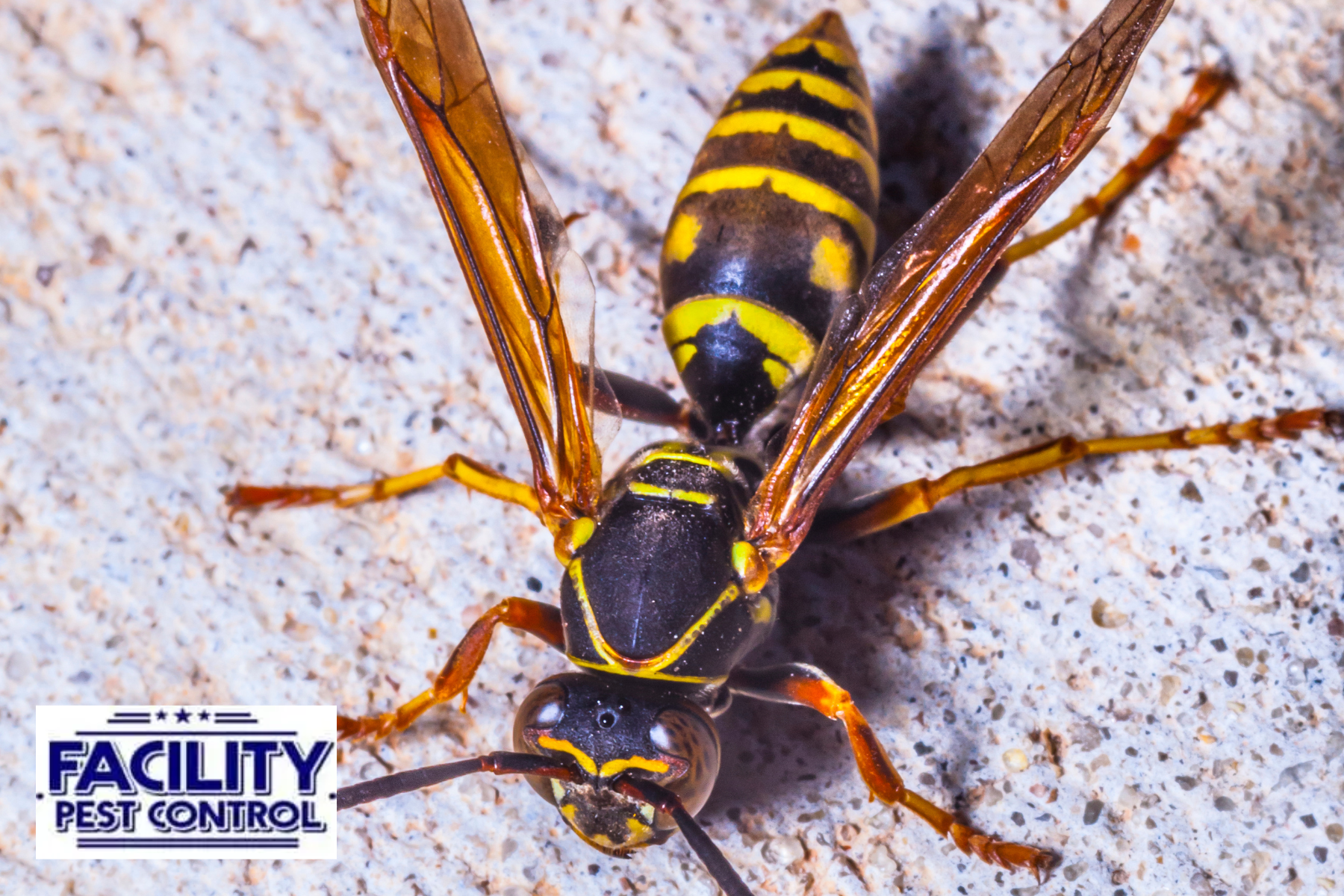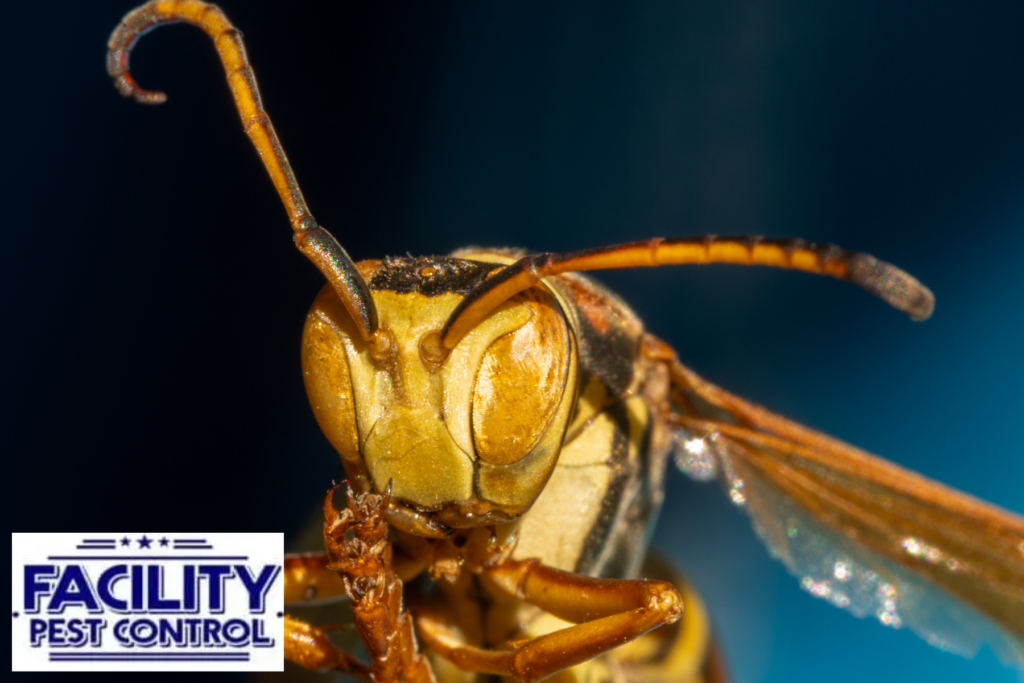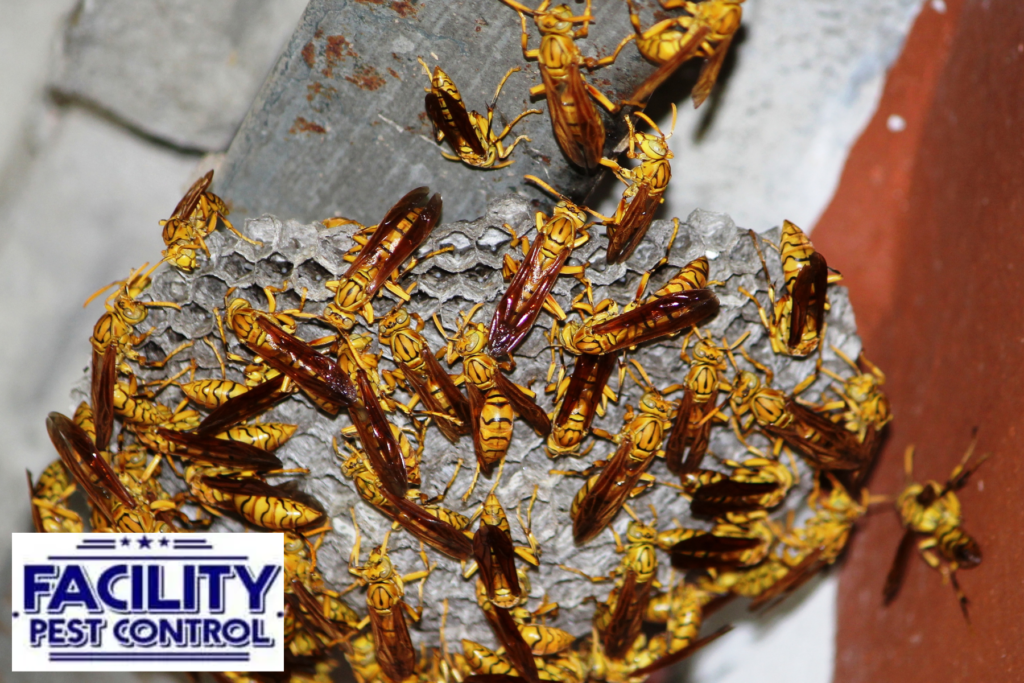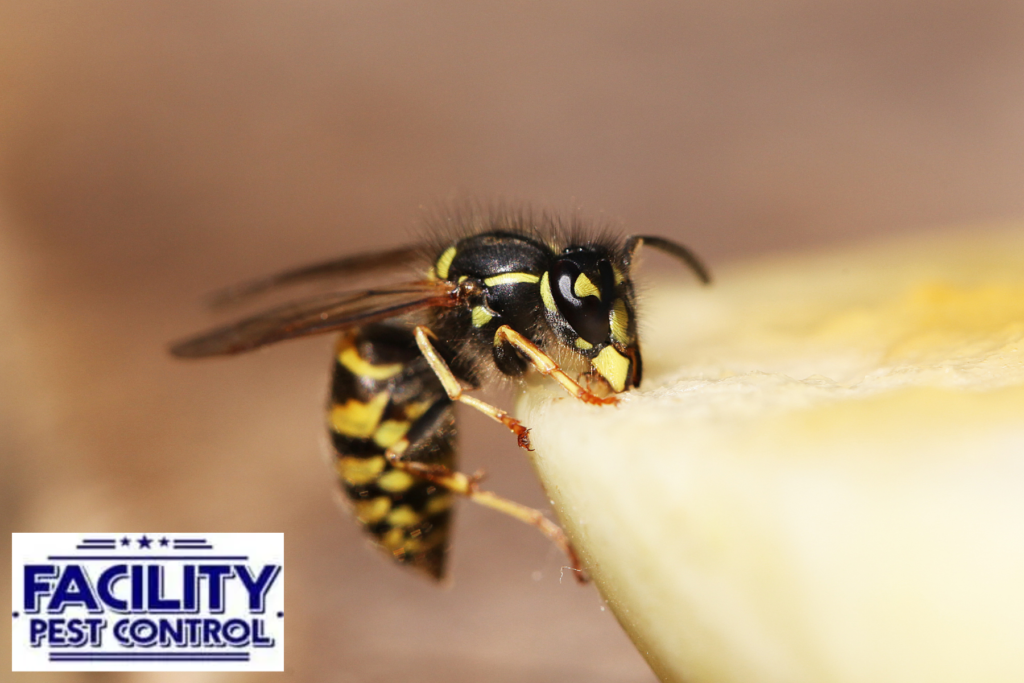Few things can disrupt a relaxing day in your backyard like an unexpected wasp encounter. These stinging insects aren’t just a nuisance; they can pose serious risks to people who are allergic. While wasps play an important role in pollination and natural pest control, their aggressive behavior around humans makes finding an effective repellent a top priority for many homeowners.
So, what is the best wasp repellent for your West Hills home? In this article, we’ll break down what makes an effective repellent, the difference between chemical and natural options, and expert-backed prevention tips to keep your home and yard sting-free year-round.
Why Wasps Are a Problem in West Hills
Wasps are highly territorial and quick to defend their nests. Unlike bees, they can sting multiple times, making them especially dangerous to children, pets, or anyone with allergies.
In West Hills and the surrounding Los Angeles area, wasps typically build nests under eaves, in attics, garages, sheds, and even underground. As temperatures rise from spring through late summer, their activity increases, leading to more encounters with people outdoors.
Preventing an infestation before it starts is key, and that starts with using the right wasp repellent and practicing smart prevention habits.
Common Wasp Species in West Hills, CA
Understanding which wasps are active locally can help you choose the best control method. The most common species in the West Hills area include:
- Paper Wasps – Known for their open, umbrella-shaped nests typically built under eaves or awnings. They’re less aggressive unless their nest is disturbed.
- Yellowjackets – Highly aggressive Ground-nesting wasps, especially in late summer. They’re attracted to sweets and proteins.
- Hornets – Larger and more territorial than paper wasps. They often nest in trees or high places and can sting multiple times.
Each type requires a slightly different approach to repelling and removing them safely.
Types of Wasp Repellents
There are several forms of wasp repellents available on the market, each with unique benefits. Choosing the right one depends on your needs, location, and whether you prefer a natural or chemical solution.
Chemical Wasp Repellents
Chemical repellents contain synthetic ingredients designed to kill or deter wasps on contact. These are often available as aerosol sprays, perimeter treatments, or concentrated liquids.
Benefits of chemical repellents:
- Quick knockdown effect
- Long-lasting protection
- Effective for established nests or heavy infestations
Caution: Avoid using them near flowering plants or food areas, as they can harm pollinators and contaminate surfaces.
Natural Wasp Repellents
Natural repellents use plant-based ingredients and essential oils such as peppermint, clove, lemongrass, or eucalyptus. Wasps dislike these scents, making them effective deterrents for patios and gardens.
Benefits of natural repellents:
- Safer for children, pets, and pollinators
- Environmentally friendly
- Pleasant-smelling and non-toxic
While natural repellents may need to be reapplied more frequently (especially after rain), they’re ideal for long-term outdoor use.
When Wasps Are Most Active
In West Hills, wasps begin to appear as early as March and remain active through October. Peak activity occurs in June through August, when colonies are largest.
Early spring is the best time to apply repellents and perform preventive treatments before wasps establish their nests.
Best Practices for Using Wasp Repellents
1. Identify Nesting Areas Early
Inspect your home regularly, especially the roof eaves, gutters, vents, and sheds. Addressing small nests early prevents larger infestations later.
2. Create a Barrier
Apply a perimeter repellent spray around windows, doors, and your home’s foundation. This creates an invisible shield that deters wasps from nesting nearby.
3. Use Natural Repellents for High-Traffic Areas
For patios and dining areas, use natural sprays or essential oil diffusers to keep wasps away from people and food.
4. Reduce Attractants
Seal garbage bins, cover sugary drinks, and clean up after cookouts. Wasps are drawn to sweets, meat, and food residue.
DIY vs. Professional Wasp Control
DIY repellents and sprays can help with mild activity, but once a nest is established, it’s best to call a professional. Disturbing an active nest can trigger aggressive swarming, leading to multiple stings.
A licensed pest control West Hills expert can identify the species, locate hidden nests, and safely eliminate them using targeted treatments.
If you’re looking for pest control West Hills CA, working with a local, experienced team like Facility Pest Control ensures long-term protection tailored to local conditions.
Wasp Prevention Checklist
Inspect eaves, soffits, and rooflines monthly
Seal cracks around windows, vents, and doors
Use a fine mesh over attic or vent openings
Hang decoy nests to discourage new colonies
Keep trash bins sealed and clean
Trim shrubs and remove fallen fruit
Schedule professional inspections each spring
Simple preventive steps like these can significantly reduce your risk of wasp infestations year-round.
When to Call a Professional
If repellents aren’t solving the problem and you continue to see wasp activity, it’s time to call a pest control expert. Professionals can locate hidden nests, even those underground or inside walls, and apply safe, targeted treatments.
At Facility Pest Control, we specialize in bee, hornet, and wasp control throughout the West Hills area. Our team combines eco-friendly treatments with expert knowledge to keep your home and yard safe from stinging pests.
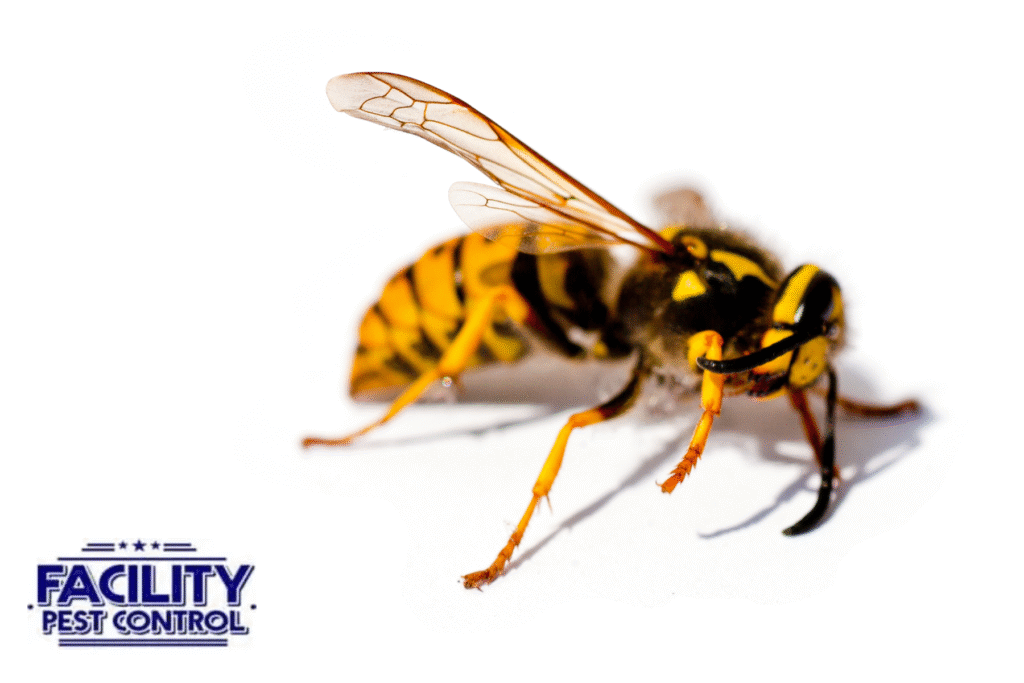
About Facility Pest Control
Facility Pest Control is a local, family-owned company serving the West Hills, CA community and surrounding areas. We provide comprehensive pest management solutions, from general pest control to specialized treatments for stinging insects.
Our service plans include monthly, bi-monthly, and hybrid options, each tailored to your property’s unique needs. We use family-safe, organic products for interior treatments and apply targeted exterior services, including de-webbing, foundation sprays, and yard granules. Whether you’re looking for reliable pest control in West Hills or expert pest control Van Nuys CA, Facility Pest Control delivers safe, effective solutions that protect your home and family year-round.
We also offer mosquito control using fogging and In2Care bucket systems for year-round comfort and protection.
Contact us today to keep your property pest-free and comfortable all season long.

